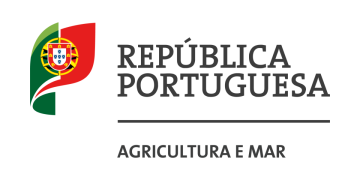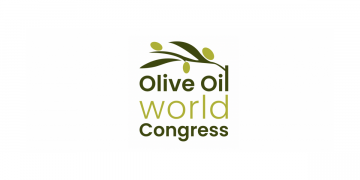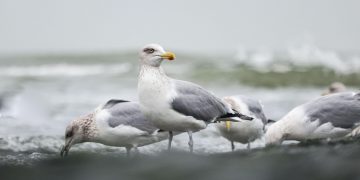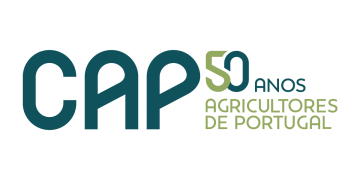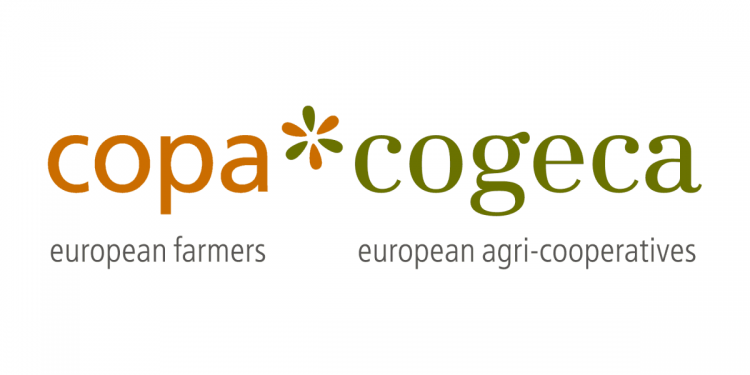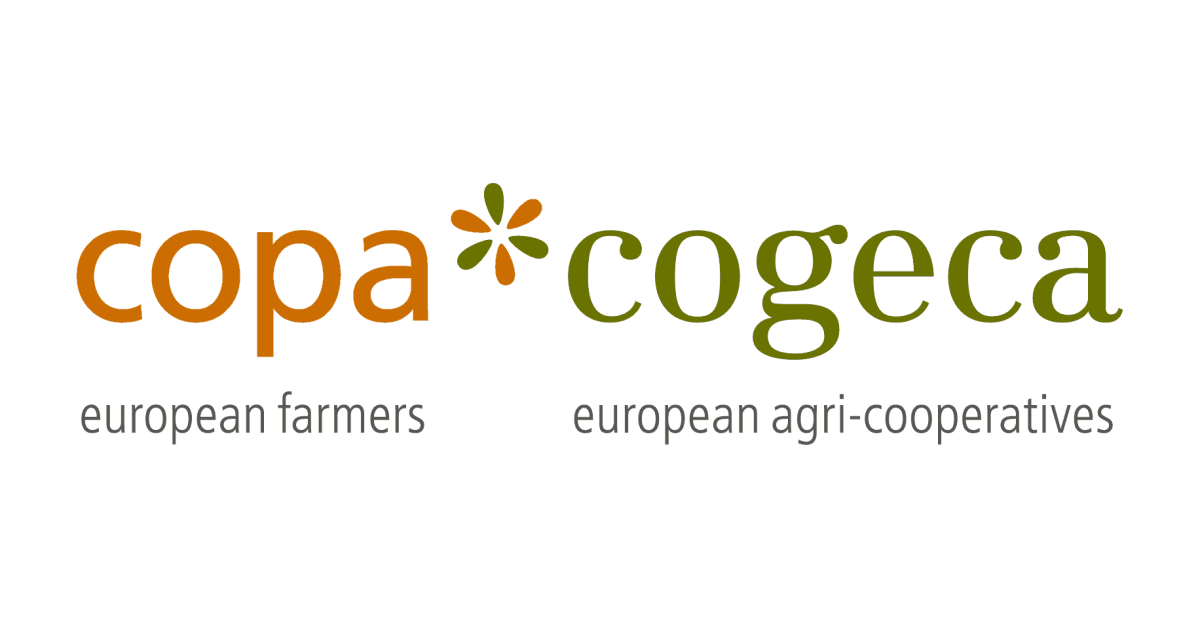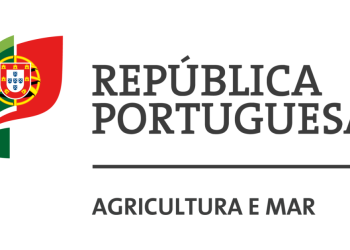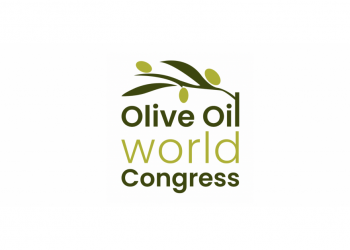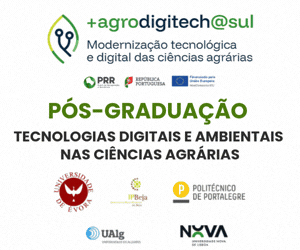Today, the European Parliament voted by a clear majority in favour of the report by MEP Inese Vaidere (EPP, LV) concerning the modification of tariffs on fertiliser imports from Russia and Belarus, rejecting all proposed amendments. As a result, the Commission’s proposal will come into effect, triggering additional tariffs, as of1 July 2025. Farming communities understand and support the overall objective pursued by the EU institutions. However, the complete lack of consideration for alternative sourcing, the absence of an impact assessment, and the lack of clarity on market implications remain deeply problematic.
Copa and Cogeca acknowledge the geopolitical context behind the Commission’s initiative and the co-legislators’ decision to support it. While recognising broader foreign policy goals, we must emphasize the serious economic and operational consequences this proposal represents for the EU agricultural sector. Despite the Commission’s promises before the vote regarding market monitoring, fertilisers—being a major cost for the entire profession—remain a significant concern and raise serious doubts about the competitiveness and future of European farming.
Given these stakes, it is difficult to understand why the proposal was not accompanied by at least an impact assessment and a clear diversification strategy. If the EU is determined to reduce dependency on Russian and Belarusian fertilisers, it must present a credible and forward-looking alternative.
Despite this vote, Copa-Cogeca’s position remains unchanged, as the fundamental underlying issue remains unresolved and will likely resurface. We call for an ambitious diversification strategy. To safeguard the resilience and sustainability of EU agriculture, Copa and Cogeca urge the Commission and co-legislators to adopt a comprehensive approach that promotes circular economy solutions for nutrient recovery and reuse within the EU—especially through the use of RENURE materials and digestates— in order to reduce reliance on fossil fuel-based fertilisers. Moreover, we ask for derogations to the nitrates directive to use more livestock manure on grassland among other crops, which is neutral in term of water protection against nitrates pollution. Copa and Cogeca ask for a structural derogation based on the multiple benefits of the measure.
We also call to avoid regulatory overlaps by aligning the Nitrates Directive, cadmium limits in phosphate fertilisers, and the Carbon Border Adjustment Mechanism (CBAM), ensuring farmers are not penalized multiple times for complying with overlapping environmental and trade policies. Furthermore, it is critical to secure alternative sourcing routes by removing anti-dumping measures and import tariffs on fertilisers from reliable, sustainable non-Russian and non-Belarusian points of origin.
Lastly, improving market transparency through monthly fertiliser price reporting across Member States and exploring the creation of a risk management tool for the entire fertiliser supply chain is essential.
Given that the fertiliser market remains relatively opaque and particularly fragile, Copa-Cogeca remains watchful on these issues and urges European authorities—especially the Commission—to maintain extremely careful monitoring. We cannot afford to further undermine the economic viability of farms or the food security of millions across the EU.
Fonte: Copa Cogeca

